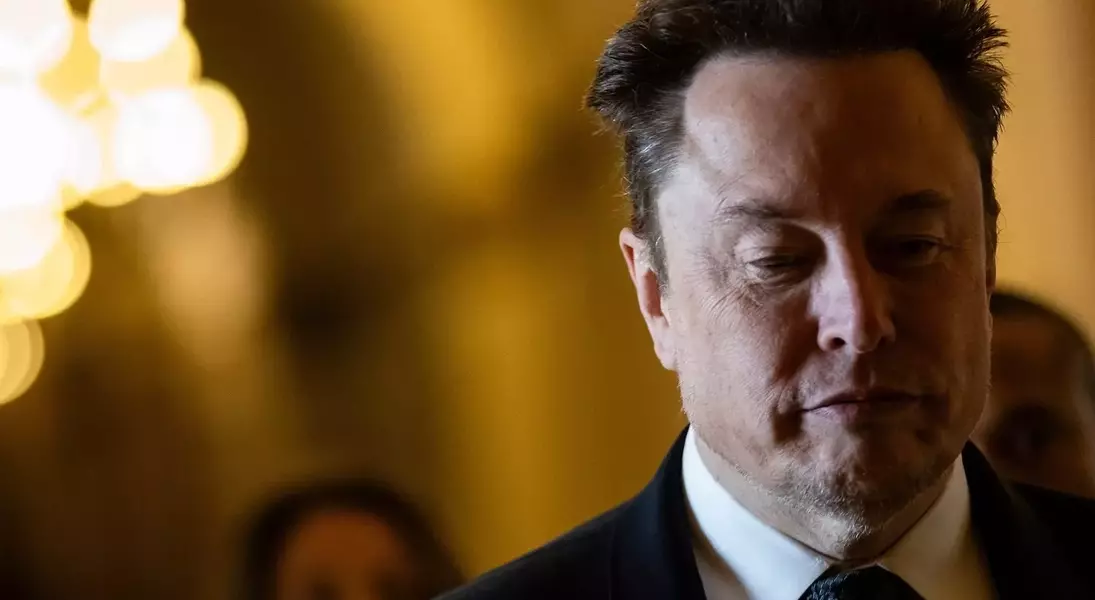
In a surprising turn of events, Elon Musk has recently called for the closure of the Consumer Financial Protection Bureau (CFPB), an organization designed to safeguard consumers from dubious financial practices. This move comes at a time when Musk's platform, X (formerly Twitter), is preparing to introduce a digital wallet feature, raising questions about potential conflicts of interest and regulatory oversight. The announcement has sparked debates about the implications for consumer protection and financial regulation in the digital age.
Musk's Timing Raises Questions as X Prepares for Peer-to-Peer Payments
In the midst of a vibrant autumn season, Elon Musk made headlines by tweeting "RIP CFPB," signaling his intention to dismantle the agency responsible for protecting consumers from financial misconduct. Just days earlier, X, now under Musk's leadership, had unveiled plans to collaborate with Visa on a peer-to-peer digital payments system. Linda Yaccarino, CEO of X, proudly announced this partnership, stating that the new "X Money Account" would launch later in the year. This development could have placed X under the scrutiny of the CFPB, given recent regulations passed by the agency.
However, Musk's tweet on Friday, followed by the appointment of Russell Vought as the interim leader of the CFPB, suggests that such oversight may not materialize. Vought, known for policies that slowed the agency's operations, instructed staff not to report to work on Monday. These actions have led to legal challenges from the union representing CFPB employees, who argue that Vought's moves are unlawful. Meanwhile, employees have organized protests against these changes, adding to the uncertainty surrounding the agency's future.
Beyond Musk, other financial backers of the Trump administration have also expressed support for dismantling the CFPB. Leaders in the crypto industry, which has faced scrutiny from the agency, have celebrated Musk's efforts. Brian Armstrong of Coinbase and Tyler Winklevoss of Gemini have both publicly criticized the CFPB, calling it unconstitutional or "unplugged." This alignment underscores a broader push by libertarian-leaning groups to reduce government oversight, as outlined in Project 2025, a policy blueprint authored by the Heritage Foundation.
The situation has also brought attention to potential legal issues surrounding Musk's initiatives. The CFPB union has sued Vought over his handling of the agency, while other lawsuits challenge Musk's access to U.S. Treasury systems. A federal judge recently ruled against granting DOGE access to the Treasury's payment system, prompting Musk to call for the judge's impeachment. As these legal battles unfold, the future of consumer financial protection remains uncertain.
From a journalistic perspective, Musk's actions raise critical questions about the balance between innovation and regulation in the digital finance sector. While advancements like digital wallets offer convenience and new opportunities, they also necessitate robust safeguards to protect consumers from potential risks. The dismantling of the CFPB could leave a significant gap in this area, highlighting the importance of maintaining strong regulatory frameworks even as technology evolves.
